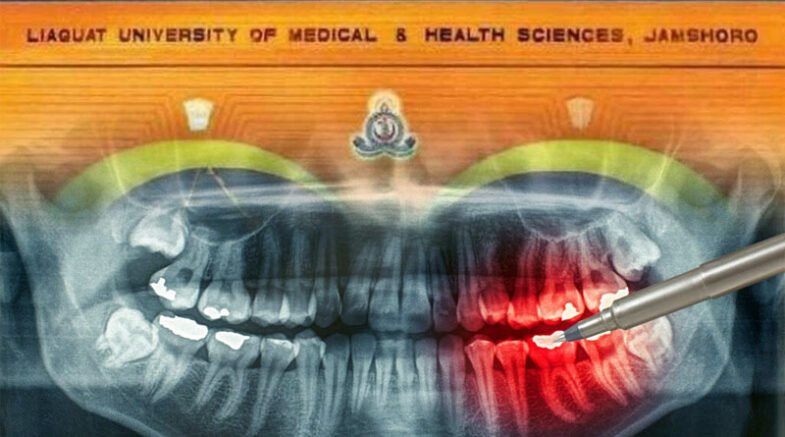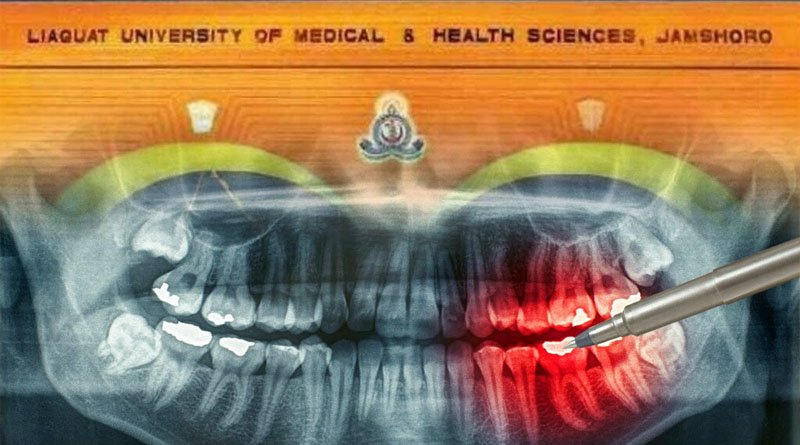Prof. Ikram Din Ujjan, who spoke at the department’s inauguration ceremony, defined forensic odontology as the application of dental science to legal case investigations.

Prof. Dr. Ikram Din Ujjan, Vice Chancellor of the Liaquat University of Medical and Health Sciences (LUMHS), has inaugurated the Department of Forensic Odontology at the university’s Institute of Dentistry.
Prof. Ikram Din Ujjan, who spoke at the department’s inauguration ceremony, defined forensic odontology as the application of dental science to legal case investigations. It plays an important role in the identification of abuse among people of all ages.
He claims that dentistry can assist law enforcement in detecting and solving crimes. Forensic dental fieldwork necessitates interdisciplinary knowledge of dental science, and the forensic odontologist is frequently called upon to establish a person’s identity.
Prof. Feroz Ali Kalhoro, dean of the university’s faculty of dentistry, stated that dental professionals play an important role in maintaining accurate dental records and providing all necessary information so that legal authorities can recognise malpractice, negligence, fraud, or abuse and identify unknown individuals.
Dr. Falak Murad Shah, chief of the Department of Odontology, stated that by establishing a separate department of forensic odontology, LUMHS has become a pioneer.
The Department of Odontology focuses on dentistry and oral health. It typically provides degree programmes in dental medicine or oral health, as well as research in various areas of dentistry and oral health. A department of odontology’s faculty and staff typically include dentists, dental hygienists, dental assistants, and other oral health professionals.
Patients may also receive clinical services from them, such as dental exams and treatments. Odontology departments can also be found in research institutions, government agencies, and other organisations concerned with oral health.
The application of dental knowledge and techniques to legal issues and criminal investigations is known as “forensic odontology.” This includes identifying human remains using dental records, determining an individual’s age or ethnicity based on their teeth, and using bite marks to link suspects to a crime.
To solve crimes and identify victims, forensic odontologists frequently collaborate with other forensic specialists, such as forensic anthropologists and forensic pathologists.
